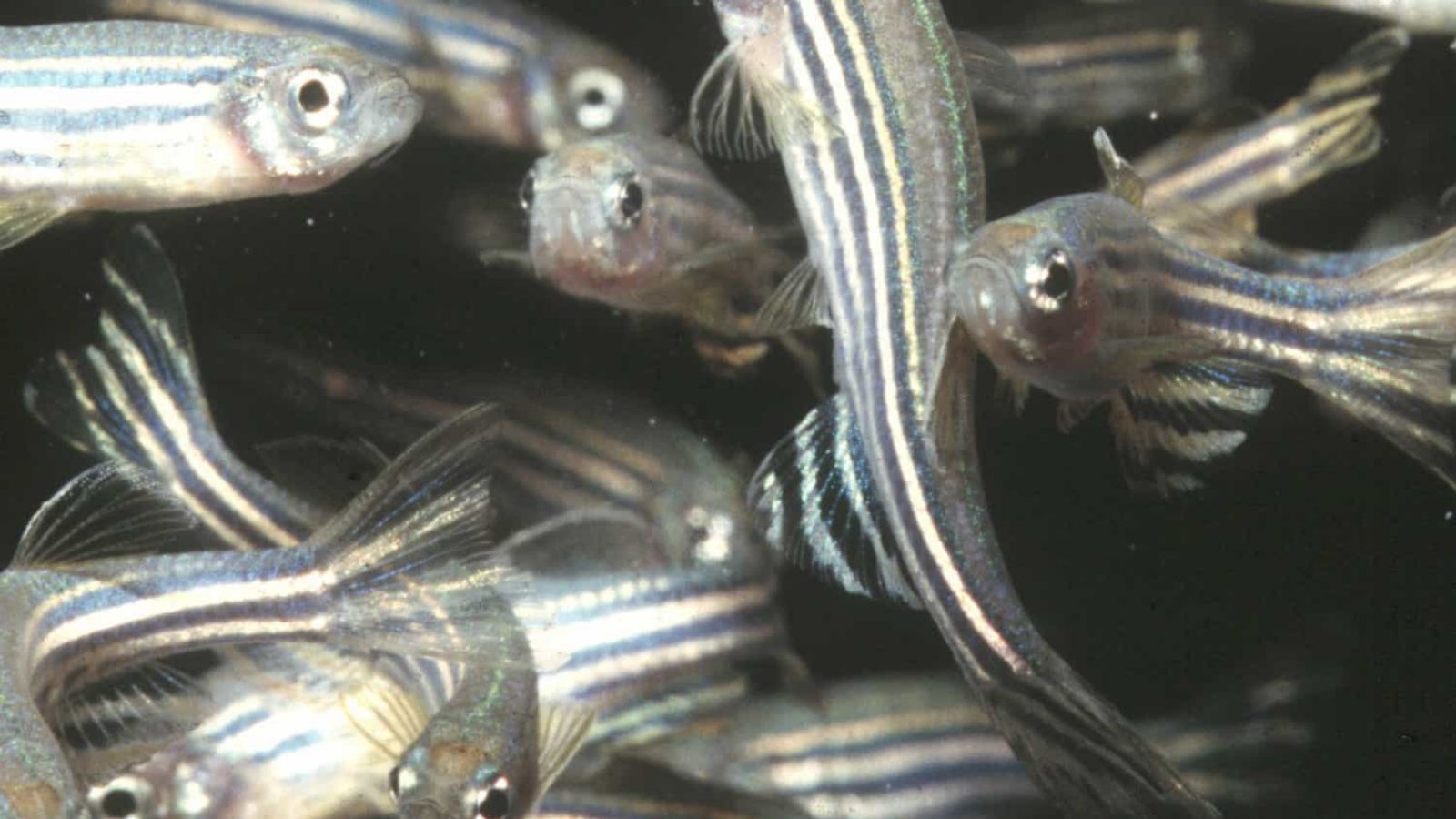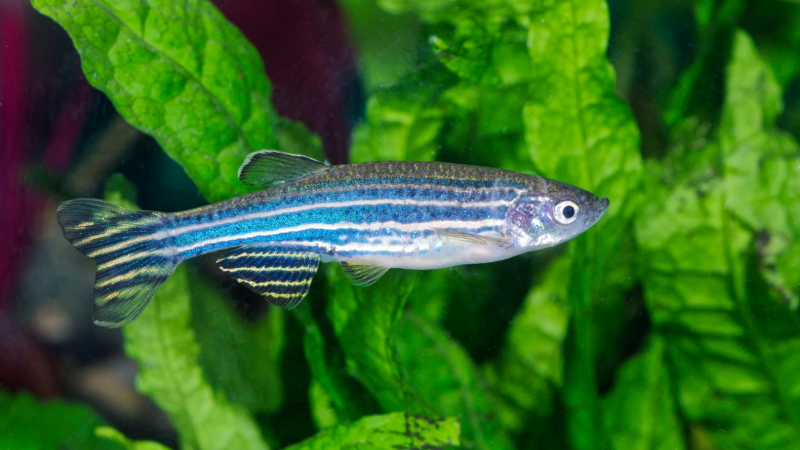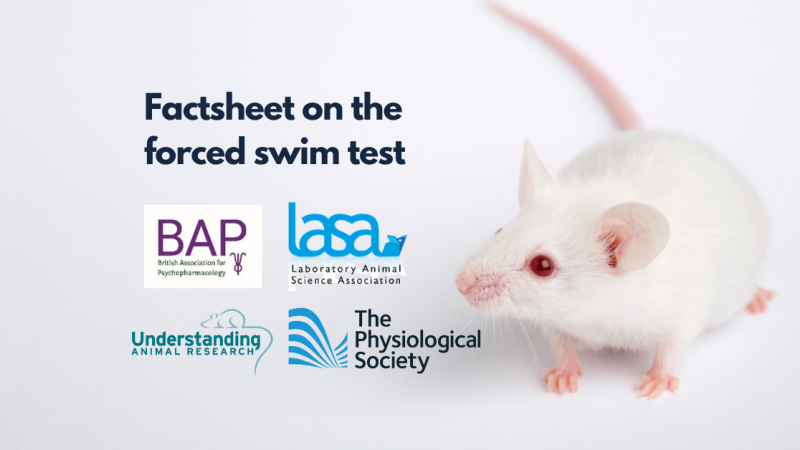 Depression and anxiety affect a significant proportion of the British population, yet the underlying causes behind these medical disorders remain elusive. New research presented at the annual meeting of the Society for Neuroscience in San Diego last week, however, is literally shedding light on some of the potential causes of and treatments for depressive disorders.
Depression and anxiety affect a significant proportion of the British population, yet the underlying causes behind these medical disorders remain elusive. New research presented at the annual meeting of the Society for Neuroscience in San Diego last week, however, is literally shedding light on some of the potential causes of and treatments for depressive disorders.
Sleeping with a night light makes hamsters depressed
Siberian hamsters appear depressed when they sleep next to a dim light, suggesting similar childhood 'night-lights' could be potentially damaging.
Researchers exposed the hamsters to a dim light for eight weeks while they slept. Compared to hamsters sleeping in complete darkness, they exhibited depressive behaviour, such as drinking less sugar water. It is thought the behaviour was caused by light interfering with the production of the hormone melatonin, which the body uses to know it is night time.
Researchers also examined a part of the hamsters' brains called the hippocampus that has previously been linked to depressive disorders. They found that hamsters given a night light had less 'cell messengers' called dendritic spines in this region.
Binge drinking rats get stressed out
Teenagers binge drinkers could be increasing their chance of developing depression or anxiety later in life.
Previous research had suggested a link between behavioural and mood disorders and alcohol abuse in teenagers. Puberty is a critical period for brain development, so the negative impacts of alcohol were thought to be particularly damaging for this age group. However, the mechanisms behind the link remained elusive.
New research on rats has found the connection depends on the human stress hormone cortisol. Pubescent rats were fed a binge-drinking diet of ethanol (the chemical form of alcohol) and levels of corticosteron (the rat equivalent of cortisol) were measured.
The binge-drinking rats had lower levels of the stress hormone than those not given alcohol, suggesting that these rats had become habituated to alcohol stress. Binge-drinking was also found to alter stress-related genes, but only in male rats.
The findings suggest that binge-drinking as a teenager permanently alter the body's stress hormone system. This may disrupt the connections that are normally formed during puberty and that are needed to ensure healthy brain function as an adult.
Depressed zebrafish could help to find a treatment
Lifestyle choices such as night-lights and binge drinking may well increase the risk of developing depressive disorders, but what can be done to help those already suffering?
Development of new medicine to treat depression can be a slow process. Usually tests are done on cells rather than animals, but this restricts the sort of tests that can be done and often the results from cells don't match what happens in humans. However, innovative new research on zebrafish has created a new animal model that could accelerate the testing of anti-depressive medicines.
The potential for using zebrafish as a model for depression was first noticed in 2005, in experiments screening thousands of zebrafish for vision problems. Unusually, one of the fish would sit at the bottom of the tank and 'freeze' when it was left in isolation from other fish. But when other fish were in the tank, it would behave completely normally and this would also happen when the antidepressant Prozac was put in the water.
It was found that the 'frozen' fish had genetic mutations that affected its stress response system, involving the hormone cortisol. The exact link between stress and depression is unknown, but it could now be studied in these zebrafish.
Read more about depression and antidepressants here.
Last edited: 7 April 2022 13:07




